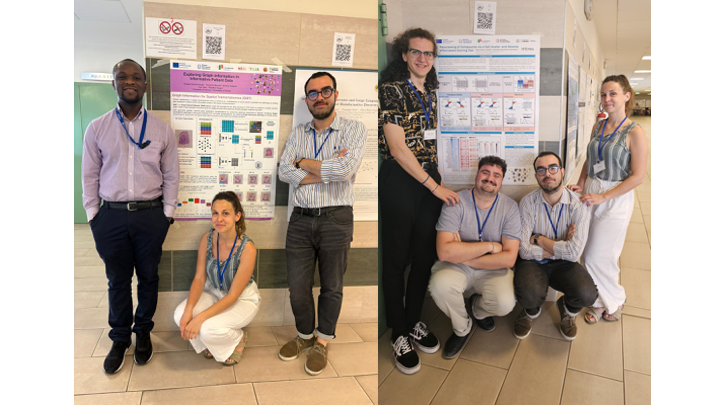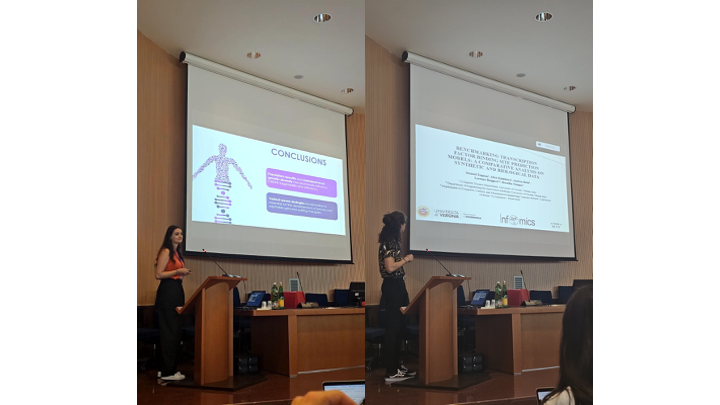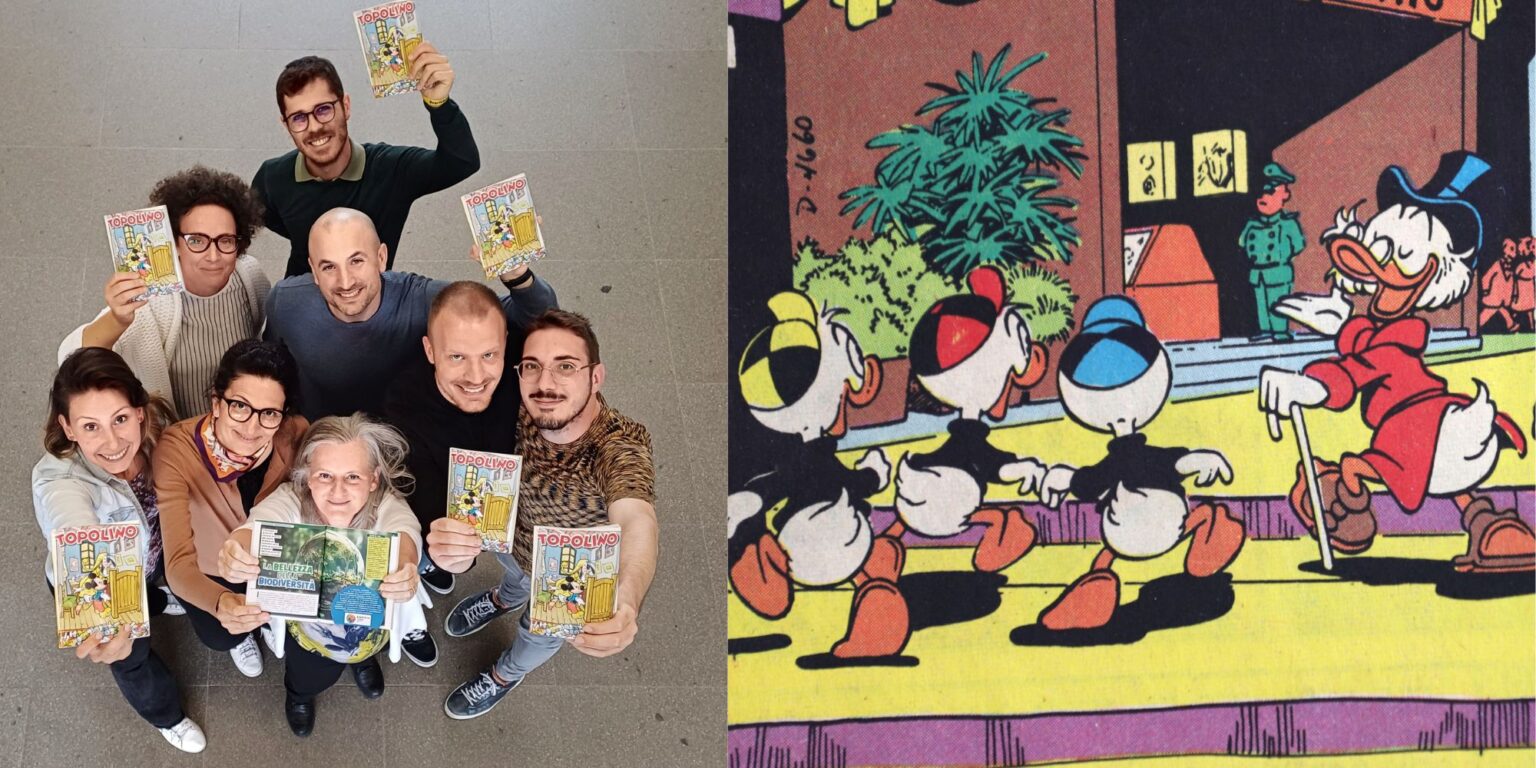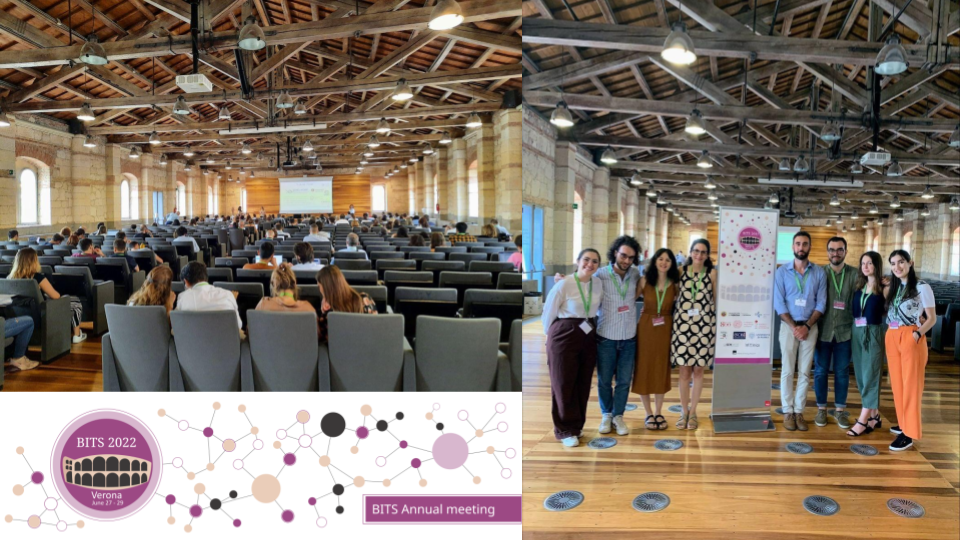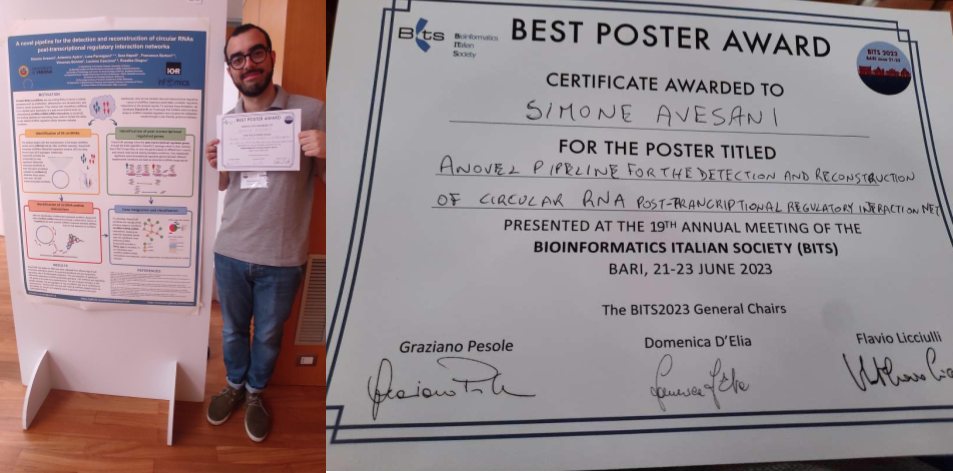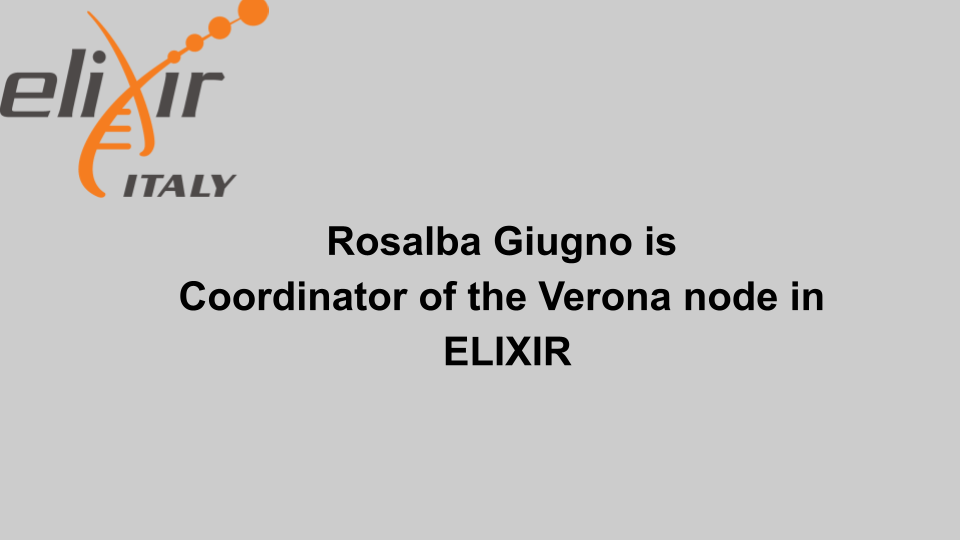Projects
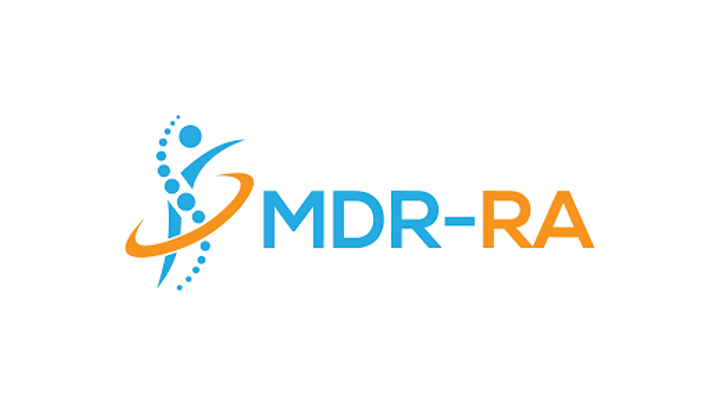
MDR-RA
Rheumatoid Arthritis (RA) is the most common, chronic, inflammatory joint disease
with a prevalence of about 1% of the adult population (22M patients worldwide and 7M in EU)
and estimated to be responsible for 10,000 disability adjusted life years (DALY’s) costing
EU society €55B annually. Despite aggressive therapy, about a third of patients have to give
up work within 5 years of disease onset mainly due to lack of response to multiple disease modifying
anti-rheumatic drugs (DMARDs), multi-drug resistance (MDR). Thus, the main objective of this proposal
is to define the clinical and molecular phenotypes leading to MDR in RA patients to prevent when
possible or, when not possible, optimise the management of these patients.Read more.
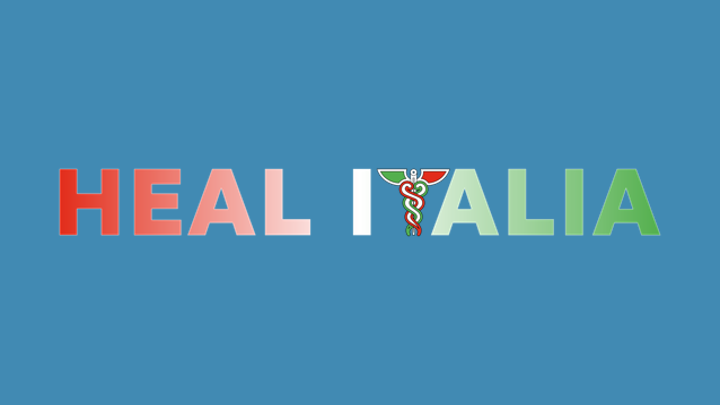
HEAL Italia
The HEAL ITALIA Project aims to strengthen the research and innovation chain
in the field of Precision Medicine, also through active participation in the
development of value chains considered strategic for the country.
Personalized and Precision Medicine represent a shift from a one-size-fits-all
approach to an optimized strategy for the prevention, diagnosis and treatment of
diseases for each person, based on their unique characteristics. Consequently, this
approach places the patient at the center of the healthcare system, aiming for optimal
management of the disease and/or predisposition to the disease. The benefits of Precision Medicine
are proven by recent developments in areas such as: diagnostic tests, Omic technologies,
analysis of molecular mechanisms, real-time monitoring of disease-associated parameters
and compliance with prescribed medicines.Read more.
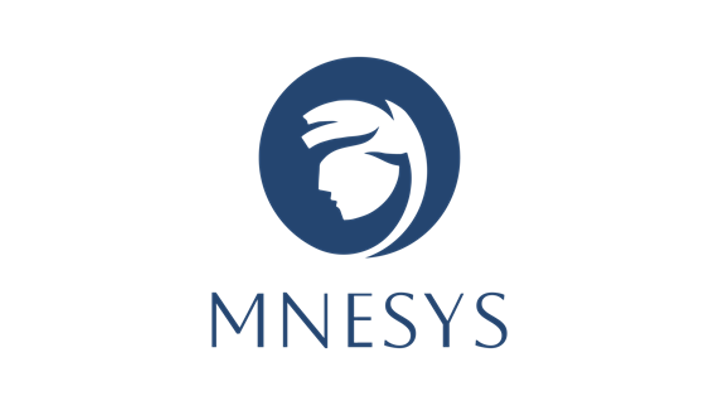
MNESYS
The project "A multiscale integrated approach to the study of the nervous system in health and disease"
(MNESYS), aims to develop new approaches for experimental and clinical neuroscience in a perspective of
precision, personalised and predictive medicine with a transformative impact on the treatment of diseases
of the nervous system and behaviour.
The underlying paradigm of the MNESYS project involves the integration of medical, biological, technological
and computational expertise with the ultimate goal of gaining a comprehensive understanding of some of the key
aspects of the functioning of the nervous system under physiological conditions and in the context of its most
epidemiologically relevant diseases. .Read more.
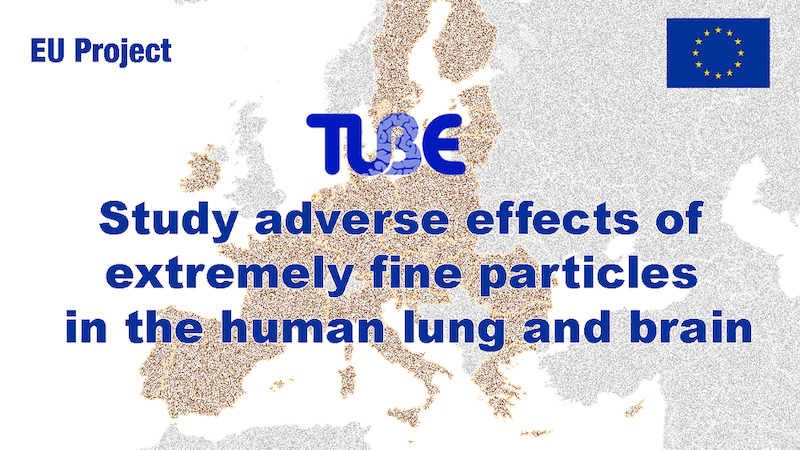
TUBE
There is an urgent need to understand the interplay of pollutants with
adverse effects in the brain, in order to steer political decision making
for efficient reduction of air pollutants. This could, in the long run,
reduce the economic burden caused by diseases associated with them. To
address this unmet need, the TUBE-project unites interdisciplinary expertise
to study these adverse effects of extremely fine particles (UFP’s) in the
human lung and brain. Leaning on this interdisciplinary approach and state
of the art research methodologies, TUBE will aim to discover the harmful
components of air pollution and identify biomarkers for early detection
of brain disease related to air pollution. This could improve brain health,
reduce the prevalence of brain diseases, provide significant economical
savings, and provide data that will be used to support planning future
traffic policy across the EU. Read more.
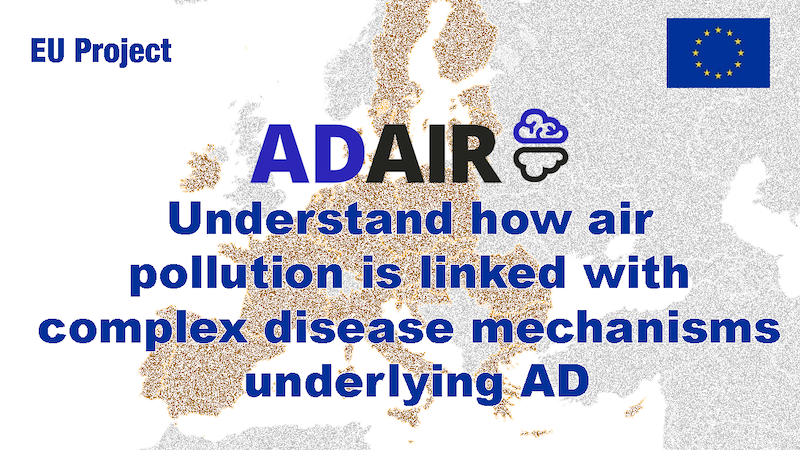
ADAIR
ADAIR applies a precision medicine approach to stratify individuals to
subgroups for risk estimation and future AD prevention, ultimately aiming
to target air pollution induced effects in those individualsthat can most
benefit from them. The project investigates the novel, ambitious hypothesis
that the pollutant exposure environment of an individual alters cellular
mechanisms and functions, resulting in the expression of measurable biomarkers.
By identifying biomarkers, the individuals with increased AD risk can be
stratified prior to the disease onset and preventive measures can be
targeted to the specific at-risk populations in order to be most effective.
The main objectives are to:
The main objectives are to:
- Discover biomarkers of air pollutant effects.
- Correlate biomarkers to AD risk to identify sub-groups of individuals with an increased susceptibility for air pollutant effects.
- Better understand how the exposure environment is linked with complex disease mechanisms underlying AD, thus paving the way for future therapeutic approaches.
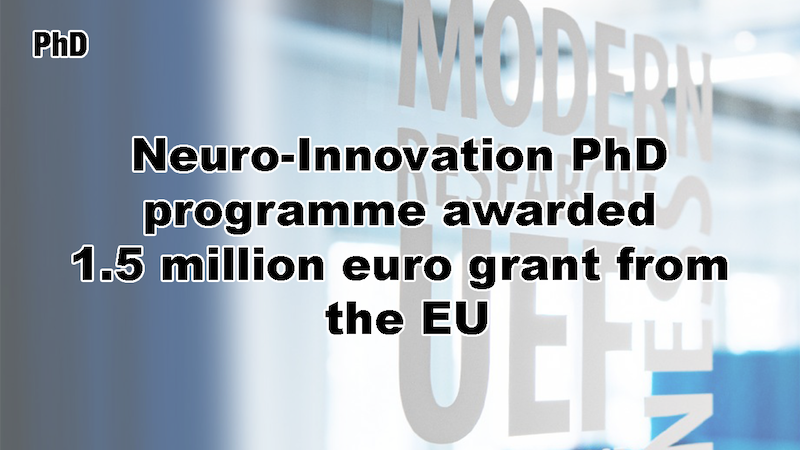
Neuro-innovation PhD programme
The University of Eastern Finland has received EU funding to recruit
14 doctoral students into a four-year multidisciplinary Neuro-Innovation
PhD programme, which will be implemented on the Kuopio campus. The University
of Verona and Infomics research group are partners of the neuro-innovation PhD programme.
The Marie Skłodowska-Curie Cofund grant of 1,5 million euros will
increase the scope and quality of multidisciplinary research in the
UEF Neuroscience Research Community (NEURO). Thereby, it will also
generate a strong positive impact on health innovation in Finland and beyond.
The recruitment of the international PhD students will start in June 2021.
Read more.
More projects available here
Workshops & conferences
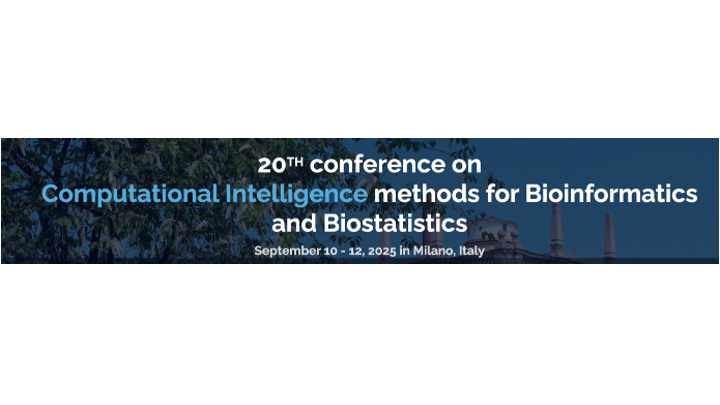
CIBB 2025
We are organizing the special session Modeling and simulation methods for computational biology and system medicine as part of the 20th Computational Intelligent Methods for Bioinformatics and Biostatistics conference:
Computational biology is a field that involves the analysis of biological systems at various levels of complexity, using appropriate modeling frameworks and computational methods. With the advancement of computational biology approaches and modeling systems, the current challenge is to employ these techniques to define personalized models that identify tailored drugs and therapies, thus realizing the personalized medicine paradigm. The aim of this special session is to bring together researchers who are working on the development of methods and models applied in the fields of computational biology and systems medicine to facilitate the exchange of knowledge and ideas in these innovative and fundamental research areasRead more
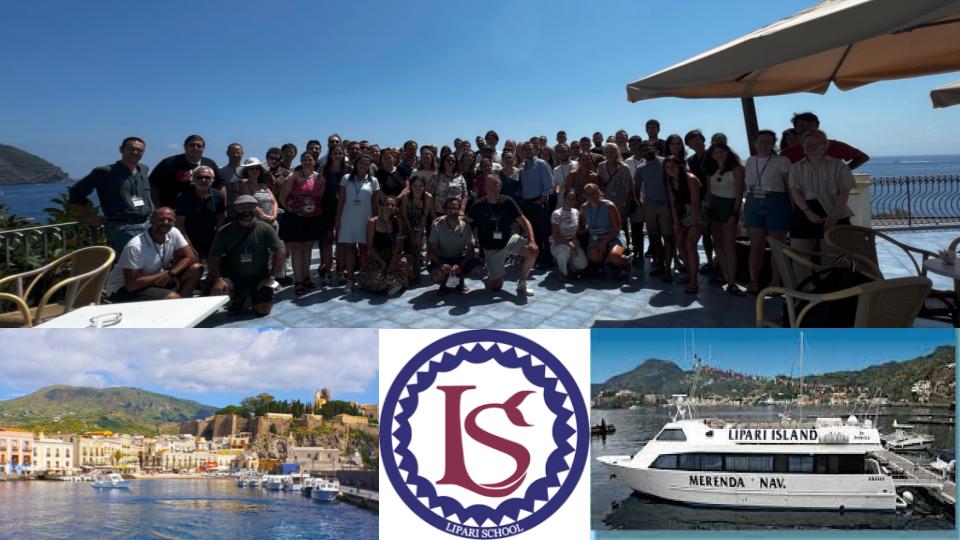
J.T. Schwartz International School for Scientific Research
Rosalba Giugno is board member of the J.T. Schwartz International School for Scientific Research.
Read more
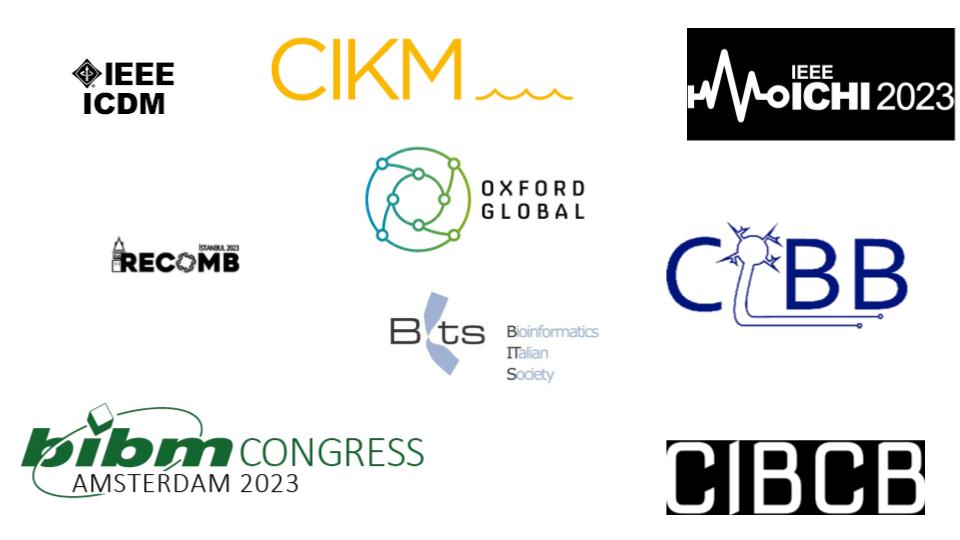
Conferences and Congresses
Speakers, chairs and organizers
Members of Infomics group are active as speakers, chairs and organizers in conferences such as ACM ICDM, ACM CIKM, RECOMB, IEEE ISBI, IEEE BIBM, IEEE ICHI, ACM-BCB, IEEE CIBCB, CNB-MAC, KDIR, EVOBIO, GECCO, CIBB, BITS, Oxford Global, ISMB and ECCB.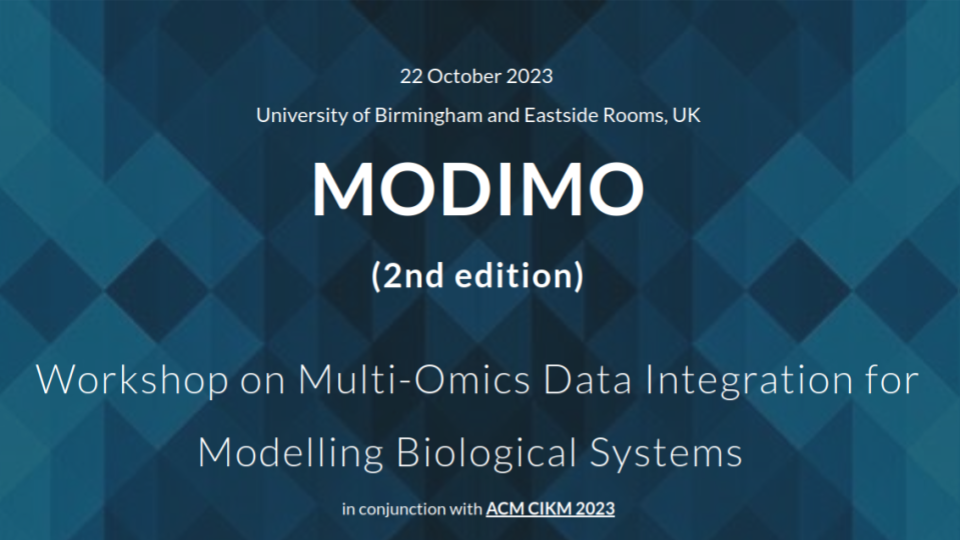
MODIMO 2023
Organizers of MODIMO 2023
InfOmics group is organizing the workshop on Multi-Omics Data Integration for Modelling Biological Systems at CIKM conference in Birmingham, UK. LinkEditing
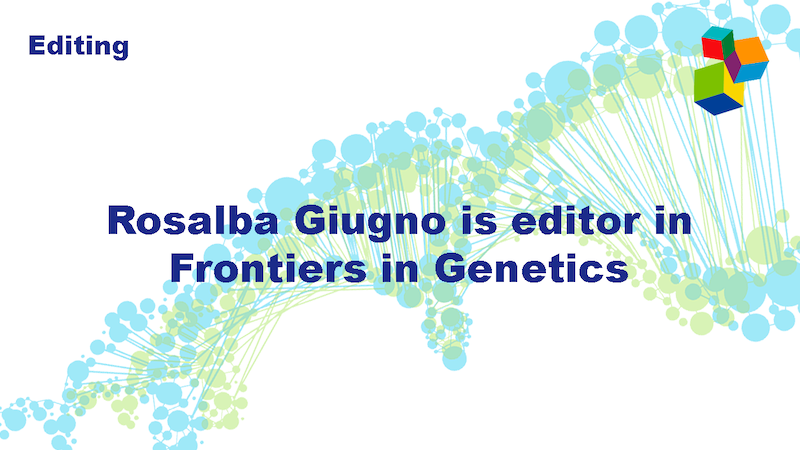
Frontiers in genetics
Rosalba Giugno is editor in Frontiers in Genetics and she has
received the Frontiers in Genetics 2021 Outstanding Associate
Editor Award–Specialty Section Computational Genomics.
Frontiers in Genetics publishes rigorously peer-reviewed research on genes
and genomes relating to all the domains of life, from humans to plants to
livestock and other model organisms. Led by an outstanding Editorial Board
of the world’s leading experts, this multidisciplinary, open-access journal
is at the forefront of communicating cutting-edge research to researchers,
academics, clinicians, policy makers and the public. The study of inheritance
and the impact of the genome on various biological processes is well
documented. However, the majority of discoveries are still to come.
A new era is seeing major developments in the function and variability
of the genome, the use of genetic and genomic tools and the analysis
of the genetic basis of various biological phenomena.
Read more.

Frontiers in Bioinformatics | Network Bioinformatics
Rosalba Giugno is associate editor in Frontiers in Bioinformatics | Network in Bioinformatics.
Modern molecular and cell biology no longer focus on single macromolecules
but now look into complexes, pathways or even entire organism interactomes.
The emerging field of network biology is now mainly centred on unravelling
these relationships and developing novel methodologies to extract the
information that they contain. A deeper knowledge of the global topology
of interactome networks, and how they change in response to insults (i.e.
disease states) will have important bearings in many scientific areas,
from evolutionary biology to biomedical research.
Read more.

Elsevier | Information Systems
Rosalba Giugno is Bioinformatics editor in Elsevier Information Systems Journal.
Information systems are the software and hardware systems that support
data-intensive applications. The journal Information Systems publishes
articles concerning the design and implementation of languages, data models,
process models, algorithms, software and hardware for information systems.
Subject areas include data management issues as presented in the principal
international database conferences (e.g., ACM SIGMOD/PODS, VLDB, ICDE and
ICDT/EDBT) as well as data-related issues from the fields of data mining/machine
learning, information retrieval coordinated with structured data, internet and
cloud data management, business process management, web semantics, visual and
audio information systems, scientific computing, and data science.
Read more.
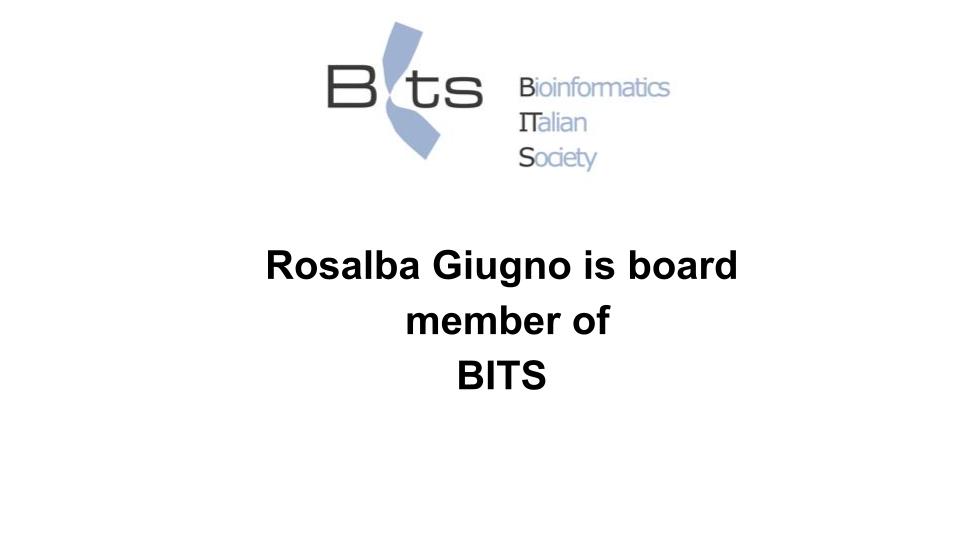
Bioinformatics Italian Society
Rosalba Giugno is board member of the Bioinformatics Italian Society (BITS).
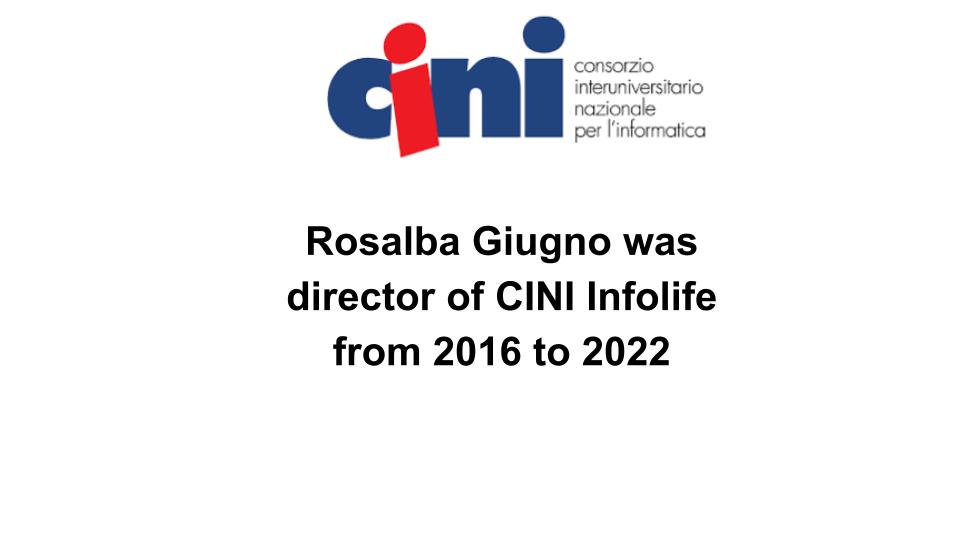
CINI Infolife
Rosalba Giugno was director of CINI Infolife from 2016 to 2022.
Startup
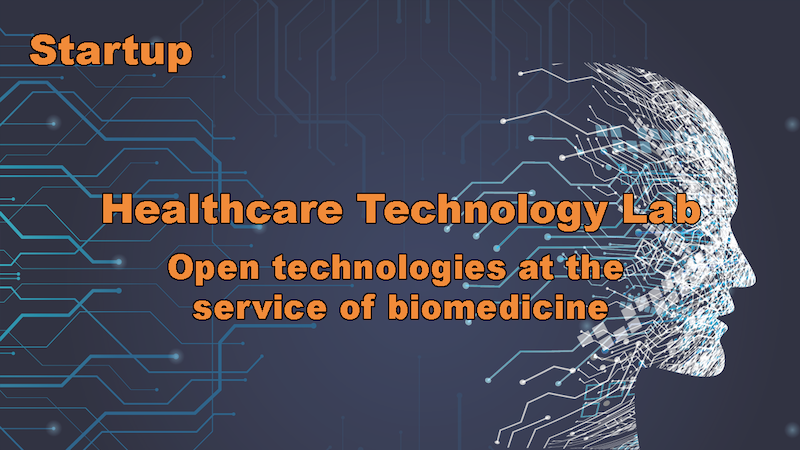
HTLab - Healthcare Technology Lab
HTLab (Healthcare Technology Lab) is an innovative startup founded
on November 6, 2019, owned by vEyes (virtual Eyes) - ONLUS. Despite
his young age, thanks to the skills, the laboratories, the infrastructures
and the network with the clinical and technological realities that revolve
around vEyes, HTLab has already been among the winners of the third open
call launched by the FLAME project (H2020, grant agreement no. 731677).
Read more.
Media
